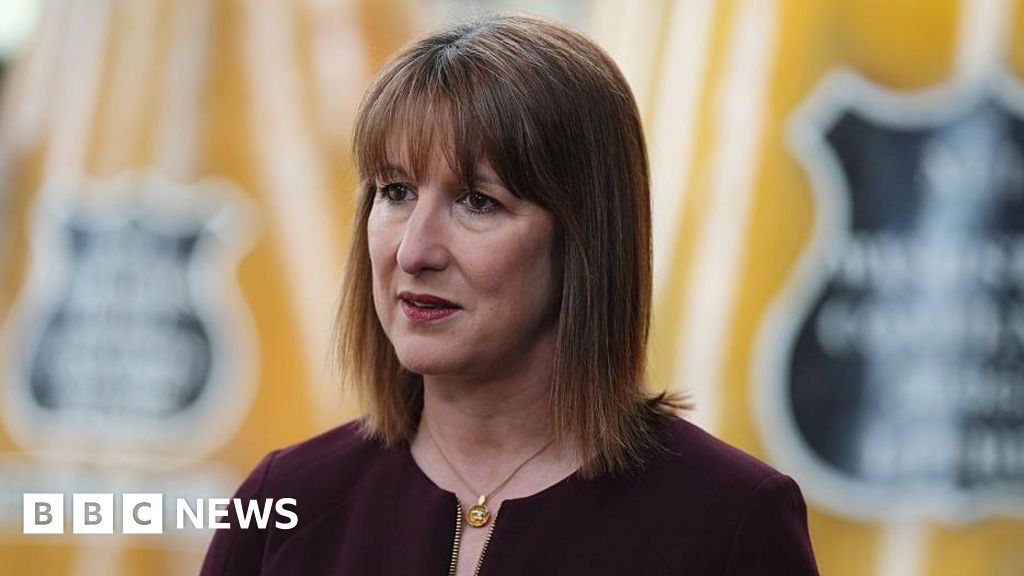When criminals dupe their victims into sending them money by pretending to be a legitimate company, such as a law firm or a tradesman, or by selling goods that do not exist, this is known as authorised push payment fraud.
There is currently no requirement for banks to refund victims of this kind of fraud. Although many of them do so voluntarily, others are more reluctant.
The new mandatory rules set out by the regulator are scheduled to come into force on 7 October.
It is consulting on its scaled-back plans for two weeks, and will give a decision on the final maximum amount of compensation by the end of September.
The proposed threshold was brought down after objections from the financial industry that it could cause problems for smaller firms.
The proposed new cap would cover more than 99% of claims, the regulator said.
Out of more than 250,000 cases in 2023, there were 18 instances of people being scammed for more than £415,000, and 411 instances where they lost more than £85,000.
But Which? said it was “outrageous” that vital scam protections were being watered down weeks before they were due to take effect.
“This move follows months of lobbying from firms that refuse to take fraud seriously,” Rocio Concha from Which? said.
Credit: Source link










